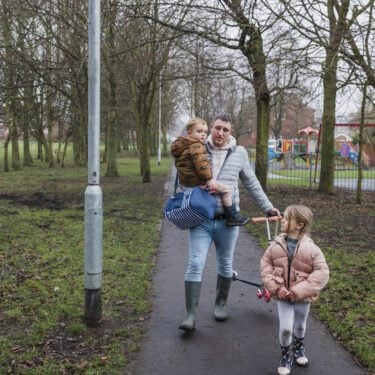-
Dr Paul MartinUniversity College London
-
Professor Claire CrawfordUniversity College London
Project overview
This project will investigate how paid employment alongside studying impacts educational and career outcomes for 16-18 year old school and college students and full-time undergraduates from England.
Why this project is important
Recent evidence suggest that paid employment has increased, partly in response to the rising cost of living and changes in student finance. The implications for positive outcomes (such as career prospects and earnings) and negative outcomes (such as lower attainment and increased likelihood of course withdrawal) are poorly understood. The quality of existing evidence is limited by reliance on survey data with low response rates and small sample sizes. Previous research has focused predominantly on undergraduate students, overlooking younger learners aged 16-18.
What it will involve
The research team will conduct secondary analysis of the Longitudinal Education Outcomes (LEO) dataset which covers whole cohorts of young people. The following questions will be answered:
- What employment activities do students undertake in terms of: estimated time spent working, sector of employment, and timing of work (within the calendar year), and how does this vary by personal characteristics such as gender, ethnicity, area of residence, socioeconomic background, and prior attainment?
- To what extent is undertaking paid employment associated with attainment at age 18, and the likelihood of progressing to degree-level study or skilled employment, once personal characteristics and prior attainment have been controlled for?
- To what extent is undertaking paid employment associated the likelihood of: withdrawing from university, achieving a first or upper second class degree classification, progressing to further study or graduate-level employment, and progressing to a more selective graduate profession, once personal characteristics and prior attainment have been controlled for?
How it will make a difference
Findings will be directly shared with policymakers, higher education staff responsible for student support, careers advisers, and teachers supporting 16-18 year olds. Two workshops will be held, one for practitioners and another for policymakers and higher education staff. Blogs, policy briefings, and dashboards will further illustrate employment trends.











































